CONTENTS
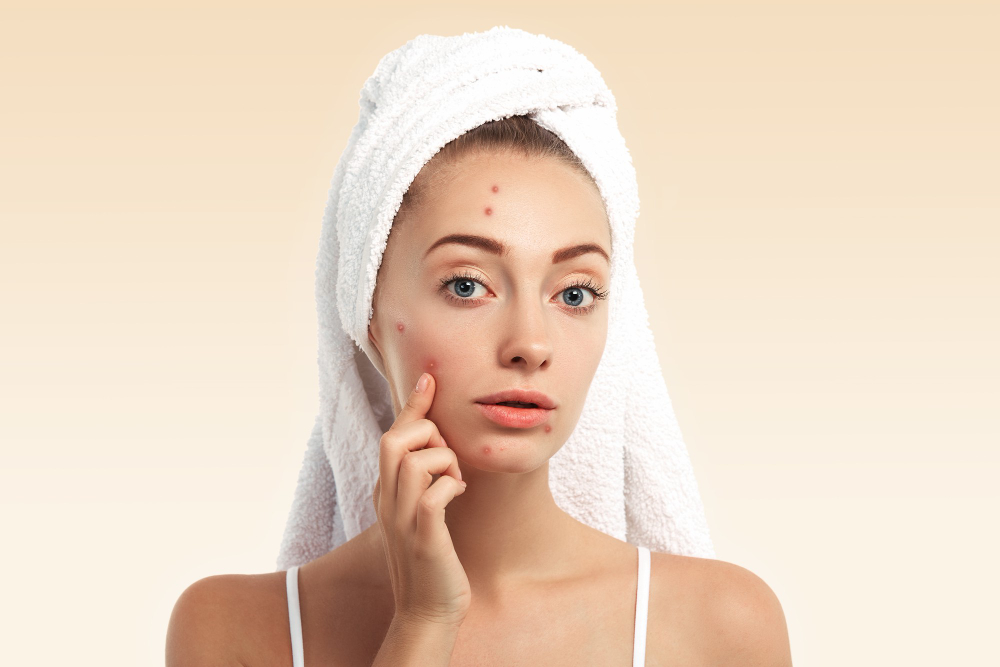
Clearing the Path: Navigating Cystic Acne Treatment Solutions
Are you struggling to find an effective solution for treating your cystic acne? You’re not alone! Cystic acne treatment can often be a long, frustrating process without the right information and skin care products.
As individuals deeply concerned about the issue of cystic acne, we understand firsthand how challenging it can be. This post aims to provide solutions and insights to treat cystic acne. We will outline various treatment options as well as helpful tricks and advice for managing your cystic acne over time.
Together we will tackle the challenge of taking back control of your skin health and clearing the path toward clear skin!
What is Cystic Acne?
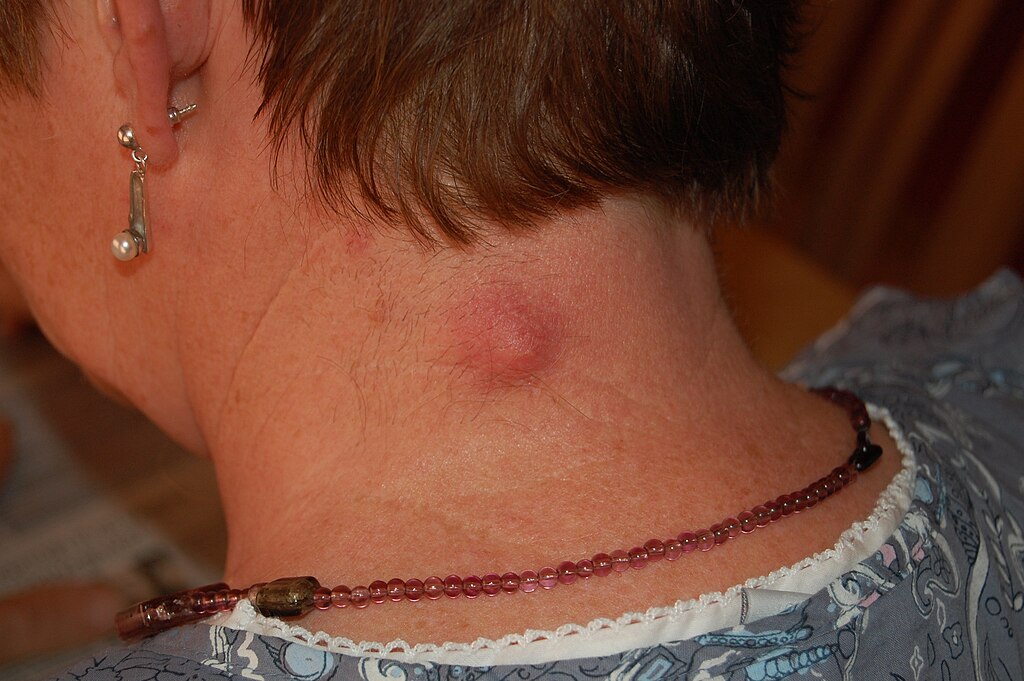
Cystic acne represents a more severe variant of acne that arises when pores become obstructed by a combination of dead skin cells, oil, and bacteria.
In contrast to typical acne, cystic acne emerges deep within the skin, giving rise to sizable, painful, and inflamed nodules and cysts, which frequently contribute to the formation of enduring acne scars and blemishes.
What Causes Cystic Acne?
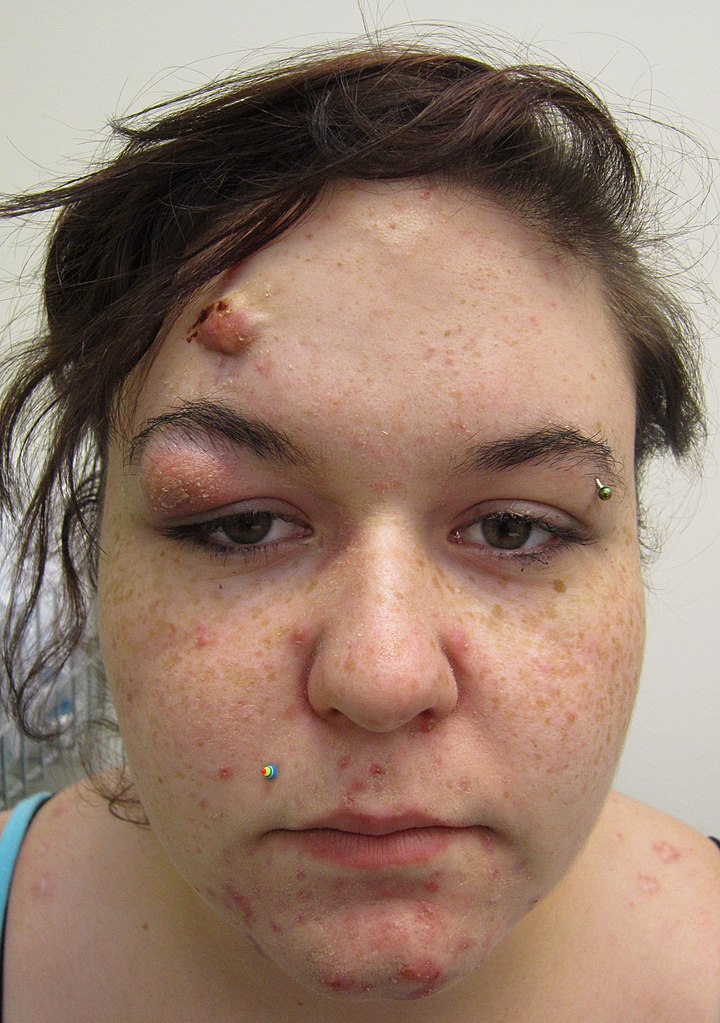
Cystic acne is primarily caused by hormonal fluctuations, especially during puberty, menstruation, and pregnancy.
The excess production of sebum, an oily substance that lubricates the skin, combines with dead skin cells and clogs hair follicles. This provides a perfect environment for bacteria to thrive, leading to inflammation and the formation of this severe acne.
If you have acne-prone skin, this is more likely to happen because of the excess oil.
Types of Treatments
When treating cystic acne, it’s important to look into different ways to help your skin get better. Here are some common treatments:
Topical Medications
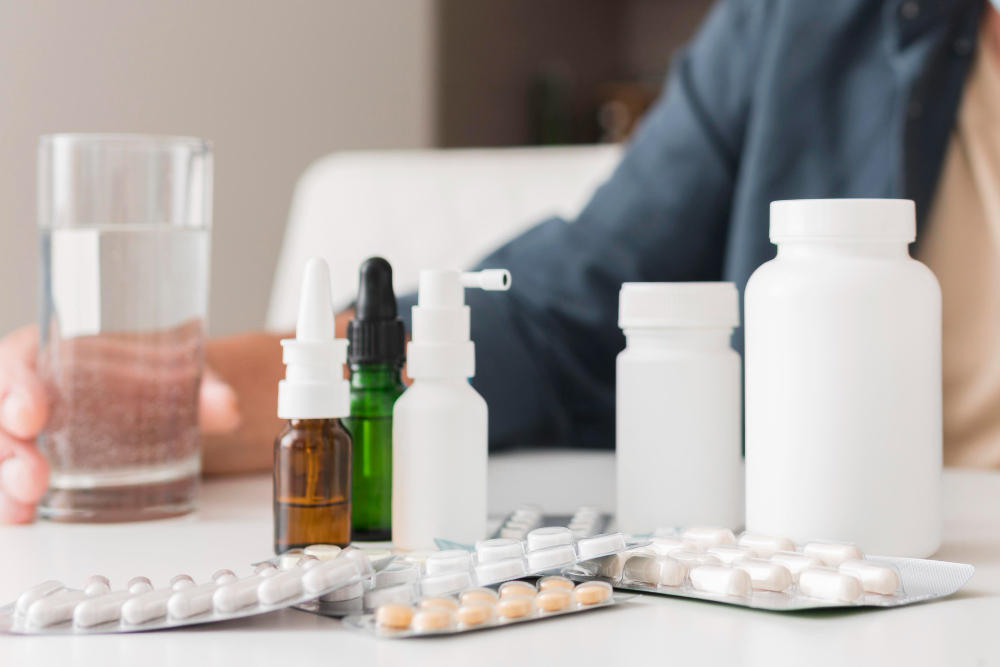
Benzoyl peroxide
Benzoyl peroxide is a medication you can buy without a prescription that’s good at getting rid of the bacteria that cause inflammatory acne. It also helps to make the redness and swelling go down. You can find it in different strengths and types, like creams, gels, and cleansers.
Topical antibiotics
Creams or lotions with antibiotics in them, such as clindamycin and erythromycin, are a type of topical treatment. These medicines fight off the bacteria on the skin and inside the hair holes. Topical treatments also have something in them that can make redness and swelling go away.
Retinoids
Retinoids are made from vitamin A. They make your skin cells renew faster and stop pores from getting blocked. They also make the swelling go down and help sores on your skin get better. Using this is a great way to prevent cystic acne.
Azelaic acid and salicylic acid
Azelaic acid is beneficial for treating cystic acne because it can calm inflammation and remove dead skin cells. Salicylic acid is another thing that’s used in acne treatments. It helps get rid of old skin cells and stops pores from getting blocked, which stops new cysts from forming.
Dapsone
Dapsone is a special gel with antibiotics that fights the bacteria causing acne. It also helps make the swelling from cystic pimples go away. This is why people use it to treat cystic acne.
Oral Medications
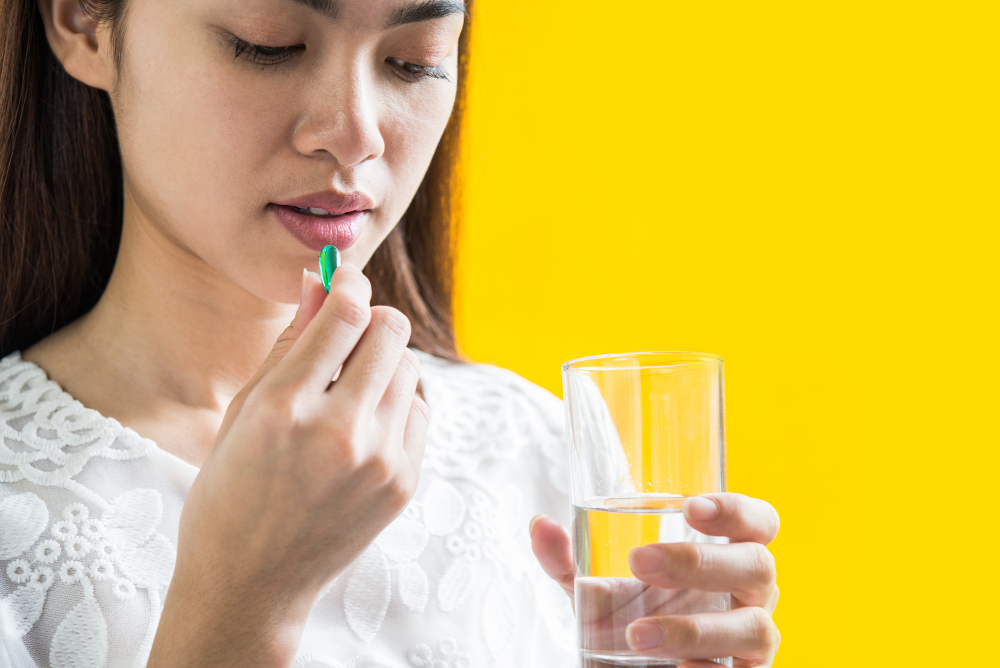
Antibiotics
If you have bad acne, you might need to take medicines by mouth to fight the bacteria. The first choice is usually a type of medicine called tetracyclin or macrolide. Macrolides could be used by people who can’t take tetracyclines, such as pregnant women and kids under eight years old.
Combined oral contraceptives
The FDA has approved four birth control pills for treating acne in women who also want birth control. These pills mix two hormones, progestin and estrogen (like Ortho Tri-Cyclen 21, Yaz, and others). It might take a few months to see the benefits, so using other acne medicines alongside them might help.
Common side effects of these birth control pills are gaining weight, tender breasts, and feeling sick.
Anti-androgen agents
A medicine called spironolactone (Aldactone) might help women and teenage girls if regular antibiotics don’t work. It stops hormones called androgens from making your oil glands too active. However, it might make your breasts tender and give you painful periods.
Isotretinoin
Isotretinoin (like Amnesteem, Claravis, and others) is related to vitamin A. Your doctor might give it to you if your bad acne doesn’t get better with other treatments. Everyone who takes isotretinoin must be in a program approved by the FDA to manage the risks.
Frequently Asked Questions (FAQs)
Can cystic acne be cured?
Yes, cystic acne can be cured with proper treatment. Cystic acne treatment can help control and manage the problem well, but it might not completely go away for everyone. Doing things like taking care of your skin every day and getting expert advice can help improve the situation.
What gets rid of cystic acne?
A combination of treatments often yields the best results. A dermatologist can recommend a personalized plan, including topical medications, oral antibiotics, light therapy, or even isotretinoin for severe cases.
Why am I getting cystic acne all of a sudden?
The sudden onset of cystic acne can be due to factors such as hormonal changes, stress, diet, or using skincare products that clog pores. Identifying the trigger is crucial to managing the condition effectively.
Conclusion
Treating acne can be a tough journey, but there are numerous effective treatment choices to pave the way for healthier skin. It’s crucial to consult a dermatologist to pinpoint the best approach tailored to your unique requirements for cystic acne treatment.
By gaining insight into the causes and remedies for severe acne, you can take charge of your skincare routine and move closer to achieving smoother skin.


